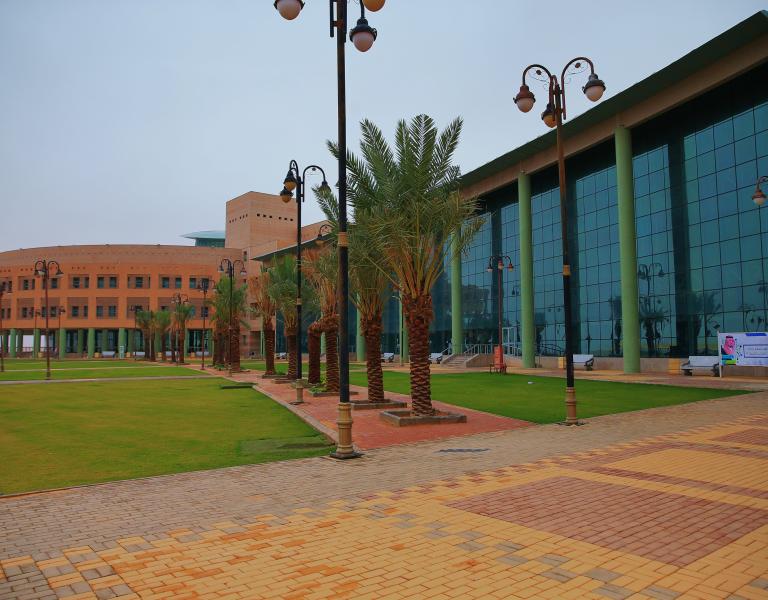Digital Transactions Unit
The Department of Digital Transactions oversees and manages the university's application systems to facilitate digital transformation processes. Its main focus areas include system management, development, operations, and the university's design and analysis of systems and databases. Additionally, the department manages and supports operational applications obtained from external vendors and internal application systems developed within the university. The department aims to enhance the user experience and improve the design of digital products across the university. To achieve this, they engage in various processes related to managing digital transactions.
The Software Development Unit:
This unit handles the production and development of digital products and services. Their specific responsibilities include:
- Studying and analyzing the technical expectations and requirements of users.
- Preparing cost and time estimates for development and design tasks.
- Designing, developing, and implementing improvements to the university's external portal and information technology or information system-related applications per the university's software development policy.
- Writing technical specifications for software-related technical solutions.
- Evaluating and reviewing source code, running it, and ensuring its development in external software projects.
- Receiving the source code, reviewing it, running it and ensuring its development in external software projects.
- Collaborating with relevant departments to effectively integrate digital systems and services.
- Testing and modifying applications to comply with infrastructure updates.
- Reviewing and testing changes, interfaces, applications, data, and improvements, ensuring the integrity of any new version.
- Participating in disaster recovery initiatives and incorporating their requirements into software and applications falling under these initiatives.
- Supporting internal teams and providing training to technical support staff, keeping them updated on new tasks and changes to the system, and raising their awareness of problem-solving mechanisms related to digital services.
The Application Management Unit:
It is responsible for operating and maintaining the university's application systems. Their tasks include:
- Providing technical assistance, user support, and training to ensure adequate system usage.
- Maintaining existing applications within the university that primarily cater to administrative functions and processes.
- Offering support for various applications such as the Enterprise Resource Planning system (ERP), the electronic portal, and internal applications designed for the university community.
The Content Management unit:
It is responsible for organizing and standardizing different types of content, such as text, graphics, and multimedia, using classification languages like XML. This process ensures that the structured content is stored in a software repository, which is the core of a content management system. Storing content only once can be used repeatedly for various publications and easily reformatted for different channels.
Content management refers to organizing and standardizing different forms of content, including text, graphics, multimedia clips, etc. This is achieved by using classification languages like XML and others, ensuring efficient content storage in a software repository known as the core of a content management system. The structured content stored in this repository can then be reused for various publications and easily reformatted for distribution across multiple channels.
The tasks of the content management unit involve the following:
- Managing the digital content of the university's main portal.
- Managing social media accounts associated with the deanship.
- Enhancing the user experience by developing designs that align with the university's identity.
- Creating and improving multimedia content for publication across various university channels.
- Translating the content of the main portal of the university.
The database management unit
It is responsible for maintaining and running the databases smoothly 24/7, ensuring a smooth flow of information across all applications and systems. This includes managing the back-end data structure and front-end accessibility for end users. The unit works closely with the university's analysts, developers, and technical leadership. Here are the main responsibilities of the unit:
- Reading, analyzing, and interpreting government regulations and legislation to ensure technical compliance.
- Providing maintenance for all databases using their respective engines.
- Testing new versions of databases and assessing the feasibility and risks of upgrading.
- Analyzing and designing university database amendments to optimize performance without compromising associated systems.
- Daily technical management of all databases.
- Ensuring regular backups of databases and verifying the integrity of those copies according to backup policies.
- Finding, analyzing, and troubleshooting technical issues related to databases.
- Providing modern management tools to monitor database performance.
- Acting as the primary contact for issues concerning database applications.
- Writing reports, creating procedure manuals, effectively communicating information, and answering database-related questions.
